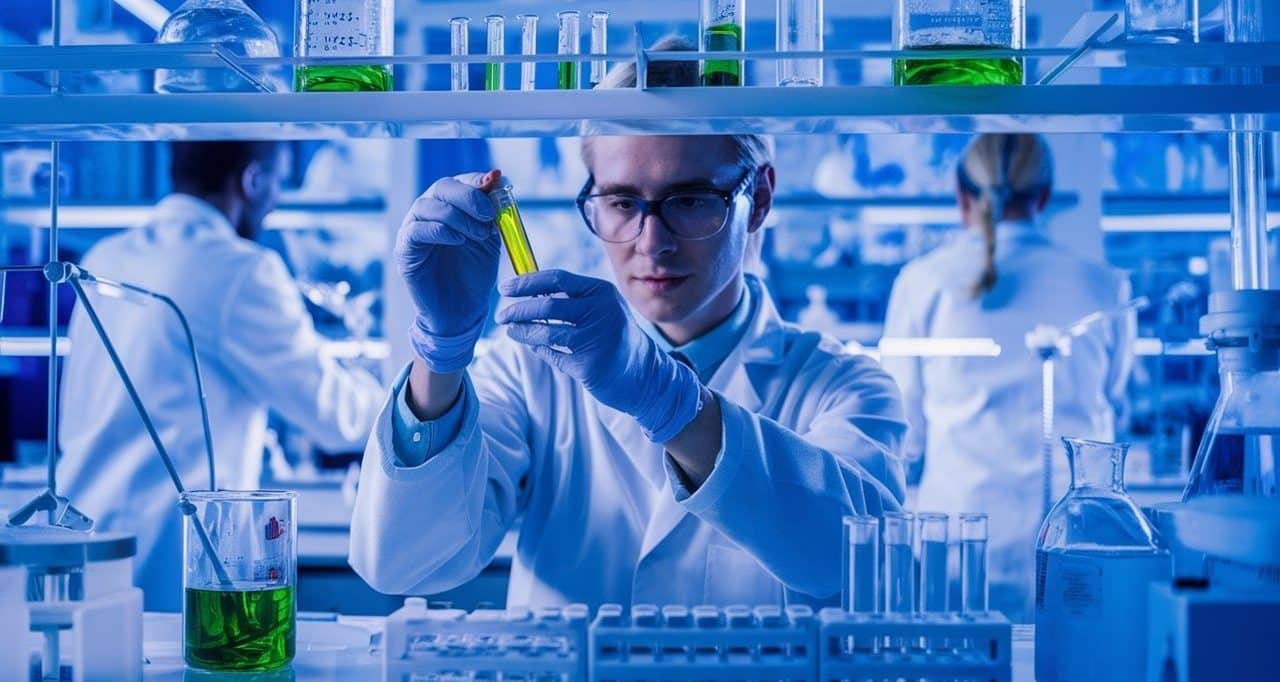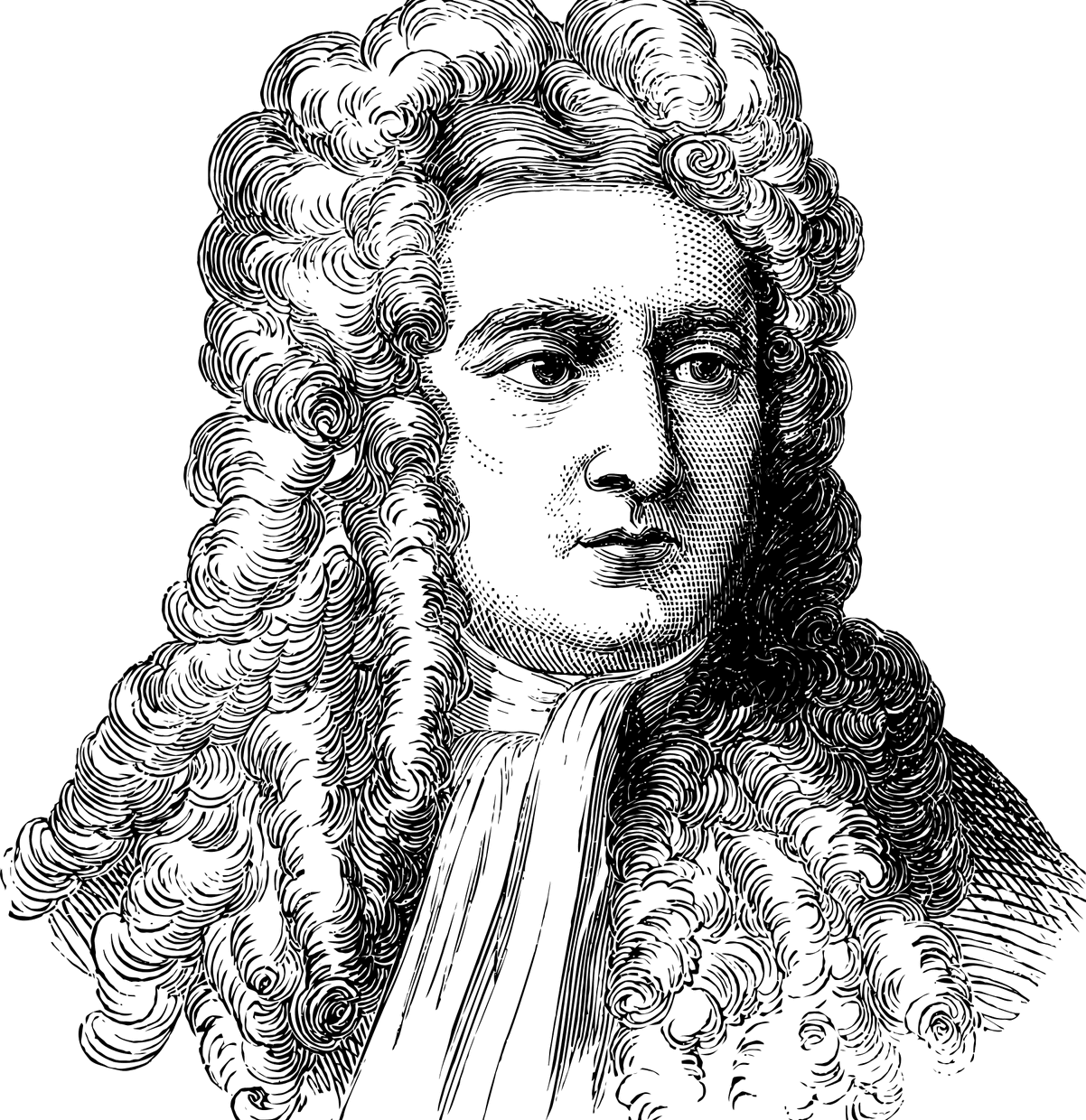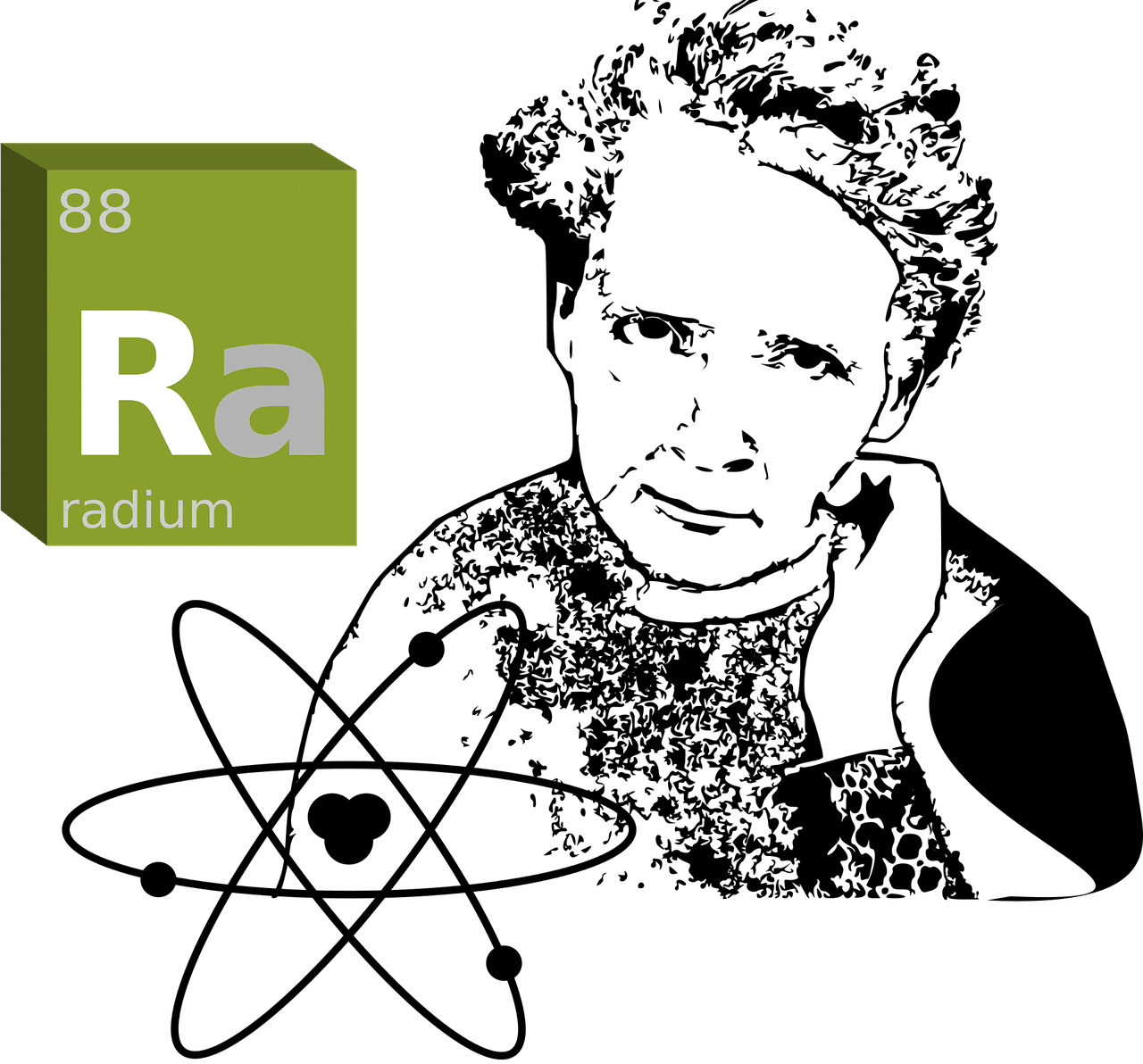
Throughout the history of science, discoveries of immense value have been made to improve the quality of life and learn more about everything around us.
The history of science is a narrative or story that, following a chronological order, covers the evolution of human knowledge in scientific matters.
Over time there have been numerous achievements, discoveries and approaches. That is why it is important to be interested in ancient science , discover or remember which revolutionary findings marked a before and after in the history of science and be aware of the characteristics of modern science .
As data is collected around this topic, it is possible to verify that, given that each civilization and each era was marked by key advances at a scientific level, the history of science and technology varies according to the nation that one wishes to analyze. . In India , to mention a specific case, progress was established based on efforts, trials, tests and inventions related to construction , metallurgy , textile production and medicine . Little by little, both physics and chemistry as well as mathematics were consolidated. Argentina , for its part, stands out as the cradle of prestigious scientists (some of whom were awarded a Nobel Prize ) and for the impetus that, historically, has been given to scientific research . On Argentine soil, achievements linked to biomedical engineering and satellite and nuclear technologies have been recorded, for example.
History of science segmented by eras
It is interesting to appreciate how scientific activity has developed during different historical periods.
When going back to the prehistoric era, it is inevitable to mention fire as a vital element of transformation and evolution . From it, tools were made that allowed the flames to be controlled, then pottery took center stage and work associated with leather and the cooking of edible products began. Pictograms and oral transmission were decisive in making discoveries known and disseminating them from generation to generation. Later, the most primitive calculation and numbering systems came to light, as well as archaic annotations focused on astronomical observations .
When writing was invented, it gave way to the so-called Ancient Age . If the content of "Positive Philosophy Course" is taken into consideration, a material formulated by Auguste Comte (a French sociologist and philosopher who founded the doctrine called positivism ), the positive or scientific stage was the last to appear, preceded by the fictitious stage and the abstract or metaphysical stage . In this context it can be interpreted that science was established as such thanks to the scientific revolution .
We must not overlook, in any case, that the science of Ancient Greece marked the foundations that support modern science today. Then followed the Middle Ages , a period in which the look towards nature predominated with the intention of finding answers that could be explained by reason . Logic prospered, the mysteries of the universe were investigated, and progress was made in physics and the scientific method .

Newton's laws are named after a prestigious inventor, mathematician, alchemist, physicist and theologian named Isaac who, among other contributions, laid the pillars of classical mechanics.
Already in the Renaissance there was a strong takeoff of astronomy and greater progress in mathematics , medicine and natural sciences . Cartography and geography also evolved. Focusing on the Modern Age, the concept of scientific revolution that is connected to the birth of modern science regains notoriety.
In the Contemporary Age , finally, enormous progress was evident in the field of geometry and the notion of electromagnetism flourished (unifying the ideas of magnetism and electricity ). The detection of radioactivity and other physical phenomena, the beginning of vaccination , as well as the establishment of organic chemistry and the discovery of practically all the chemical elements that were placed in the periodic table also fall within this historical period. .

Marie Curie, for her important contributions and the recognition she achieved, led the way for women in science.
Notable figures
When reconstructing the history of science, it is noted that numerous men and women of different nationalities and generations became outstanding figures thanks to their valuable contributions to scientific issues.
Aristotle formulating the theory of spontaneous generation and other contributions; Simon Stevin with his active role in engineering , physics and accounting and his scientific texts; Gerolamo Cardano and his positive mark in the fields of algebra , hydrodynamics , optics and medicine ; and Nicolás Copernicus giving impetus to the heliocentric theory connected to the solar system have not gone unnoticed.
Nor should we forget the work of Tycho Brahe (considered the last of the expert observers in astronomy of the cycle before the creation of the telescope ), Francis Bacon (noted as the promoter of the current known as empiricism ) or those of Galileo Galilei ( closely linked to the scientific revolution and active in the fields of science , astronomy and modern physics ). Albert Einstein and Niels Bohr also shone.
The list of outstanding figures is extremely extensive and for reasons of space it is impossible to mention them all, but before completing this list it is also worth mentioning Laura Bassi , Marie Curie , Isaac Newton , Thomas Young , André-Marie Ampère , Michael Faraday , Dmitri Mendeleev , Edward Jenner , Louis Pasteur , Charles Darwin , Gregor Mendel , Florentino Ameghino , Paul Ehrlich , Bernardo Houssay , Luis Federico Leloir and César Milstein .
